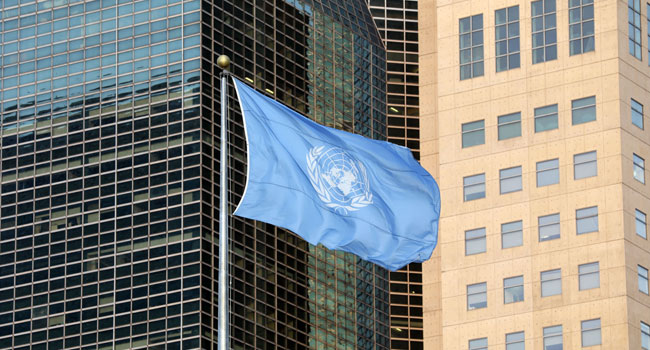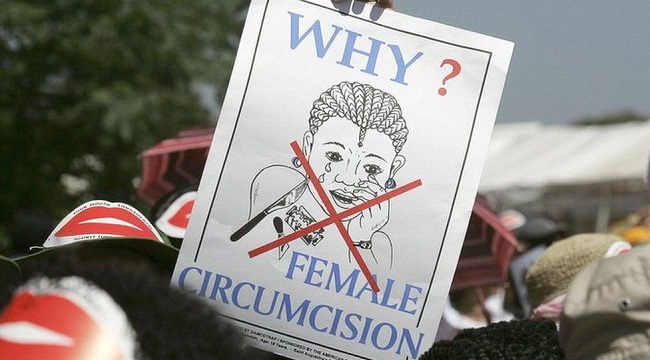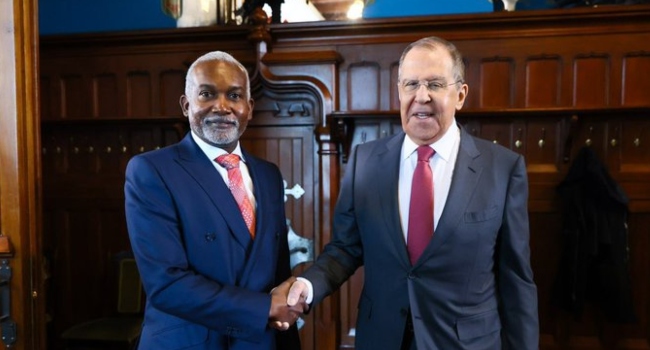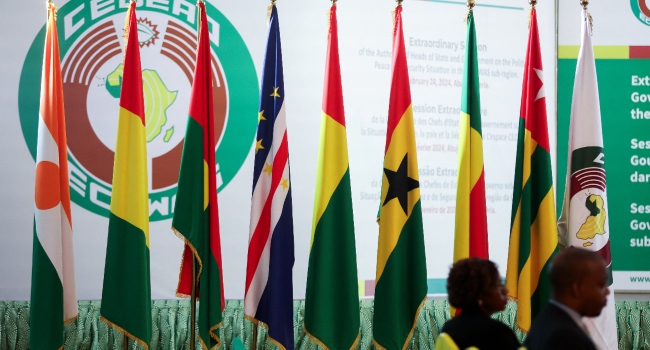
More than 3,300 people, most of them children, fled their homes in Burkina Faso’s volatile north following the country’s worst massacre in years, the United Nations said Tuesday.
The UN refugee agency said thousands of children were among those who fled Solhan village, near the border with Niger and Mali, after gunmen stormed in on Saturday, massacring civilians.
UNHCR spokesman Babar Baloch said at least 138 men, women and children had been “executed” in the attack, while nearly 40 people were seriously injured.
Local sources have put the number of dead at at least 160, marking the deadliest attack since Islamist violence erupted in the West African country in 2015.
The slaughter in the early hours of Saturday followed the slaying of 14 people late Friday in the village of Tadaryat in the same region, where jihadists linked to Al-Qaeda and the Islamic State group have been targeting civilians and soldiers.
“Fearing for their lives, over 3,300 people fled to the nearby villages of Sebba and Sampelga, among them more than 2,000 children and over 500 women,” Baloch told journalists in Geneva.
“They arrived with few or no belongings,” he said, adding that most “were generously welcomed by local families who are sharing what little they have.”
Baloch said that the new arrivals urgently needed water, sanitation, shelter, plus essential aid items and medical care.
UNHCR and its partners were building 200 shelters and providing assistance, but said more resources were needed to scale up the response.
Baloch said that the massacre came just a few weeks after gunmen shot at UNHCR and other aid organisation vehicles on the road between the city of Dori and the Goudoubo camp, housing some 12,200 Malian refugees and asylum seekers.
While no-one was injured in that attack, he warned that “growing insecurity and the presence of armed groups in several regions of Burkina Faso increasingly hamper the delivery of aid and protection for those in need.”
UNHCR, he said, “calls for concerted action to reinforce the protection of civilians and reminds all parties that humanitarian organisations are carrying out life-saving interventions in an independent and impartial manner.”
Since 2015, Burkina Faso has struggled to fight back against increasingly frequent and deadly jihadist attacks from groups including the Group to Support Islam and Muslims (GSIM) and the Islamic State in the Greater Sahara (EIGS).
The attacks, which have claimed at least 1,400 lives, first started in the north near the Mali border, but have since spread to other regions, particularly in the east.
Since 2019, violence in the country has forced more than 1.2 million people to flee their homes, according to UNHCR numbers.
Just since the start of this year, some 150,000 people have become internally displaced in the country, Baloch said, adding that 84 percent of them were women and children.
AFP




